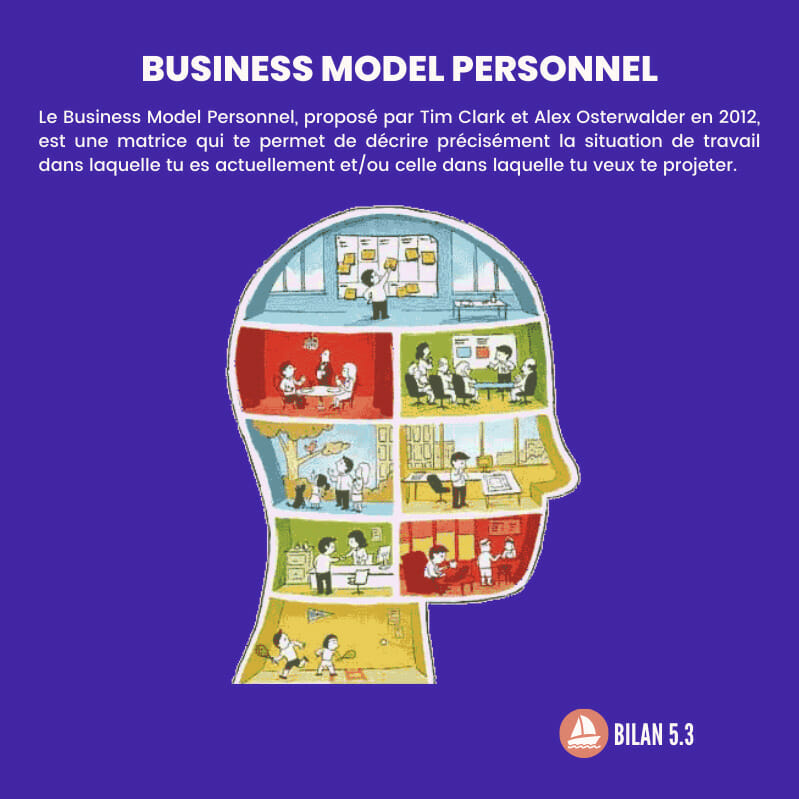
I am a 57 year old woman and have been taking a hormone tablet for hot flashes for six years. I stopped once, but then they came back in full force. It’s really annoying when the sweat suddenly runs off you during meetings at work. How dangerous is long-term use of hormones?
Joris Bartstra, journalist with medical diploma
That’s not too bad. Firstly: the hormones that are taken against menopausal symptoms are dosed much lower than those in the contraceptive pill. Until 2002, many doctors believed that taking sex hormones would keep women young and healthy after the menopause. Hormones don’t just counteract hot flashes, vaginal dryness and decreased sex drive; they also protect against osteoporosis, keep cholesterol low and blood vessels healthy. As a result, you have less risk of cardiovascular disease and your skin has better blood circulation (with the ‘by-catch’ that you look fresher and have less chance of hair loss). In addition, they also reduce the risk of colon cancer. On the other hand, they slightly increase the risk of breast and uterine cancer. But with hormones you are slightly less likely to die before your 60th birthday than without. In 2002 a major investigation appeared that changed the case. After the 60th year with hormones, the extra risk of breast cancer appears to become more important. The risk of thrombosis, pulmonary embolism, and cardiovascular disease also increases. Due to this knowledge, the use of hormones has been greatly reduced in recent years. But it is now also discovered that hot flashes are very annoying for some women and often last for a long time: in one in five women ten years! So the pendulum is coming back a little bit. Based on all the research, it is estimated that women run a small extra risk of having a bad experience if they use a hormone preparation for five years after their 60th birthday; out of 1000 women who use hormones, 13 will develop breast cancer, a thrombosis, a heart attack or a stroke as a result. Until you are 60, there is certainly not much to worry about. You have to consider whether you want to get rid of the hot flashes at that risk. Of course you also have to look individually; if, for example, there is a lot of breast cancer or thrombosis in the family, the cards are different again.
Also a health question? Click here and ask the question to an expert!
















